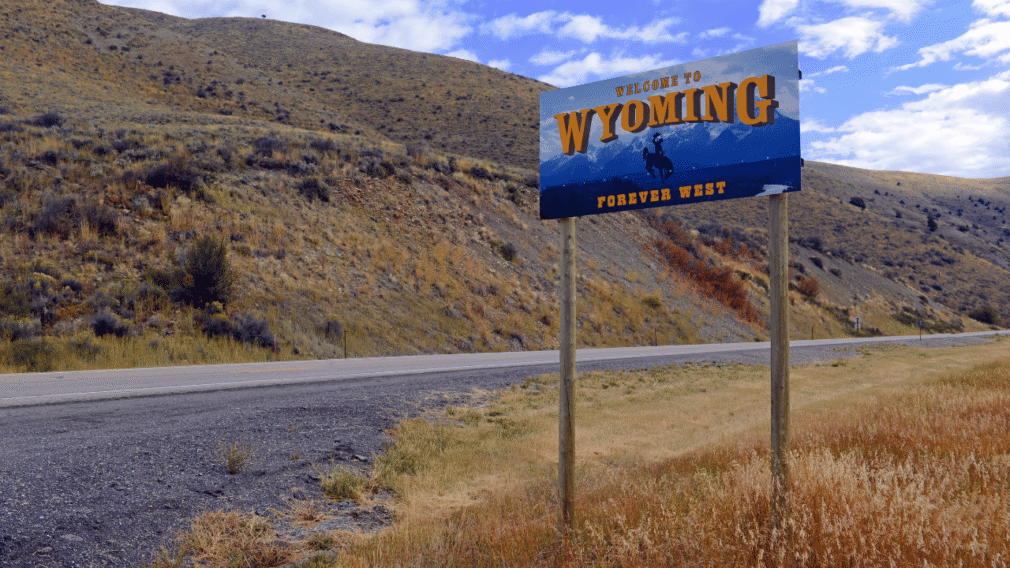Wyoming Tribe Pushes Back on State Gaming Study, Alleges ‘Under-Reported’ Economic Harm
The Northern Arapaho Business Council has formally challenged the findings of a state-commissioned study on gambling expansion in Wyoming, arguing that the report significantly downplays and, in some cases, ignores the severe negative economic impact new gaming options have had on the state’s tribal casinos. The tribe contends that the study’s conclusions are based on an incomplete picture and a flawed methodology.

A Starkly Different Reality
The Spectrum Gaming Group study, commissioned by the Wyoming Gaming Commission, concluded that further expansion of Historic Horse Racing (HHR) terminals would not negatively impact the state’s three tribal casinos. It also suggested that the legalization of online casinos, or iGaming, would not cause an “erosion” of tribal gaming revenue.
However, Northern Arapaho spokesperson Travis McNiven presented a starkly different picture to lawmakers. He stated that since Wyoming legalized HHR in 2013, the tribe’s casinos have experienced:
- A 66% decrease in foot traffic.
- A 34% decline in gaming revenue.
- A loss of approximately 500 jobs.
“As gaming has expanded in Wyoming, there’s been a significant impact on the tribe’s gaming operation, and those things are certainly under-reported or somewhat ignored within the report,” McNiven said.
The iGaming Threat
McNiven also contested the report’s more nuanced assessment of potential online gaming. While the study suggested iGaming would “restrict the ordinary growth” of tribal casino revenue rather than cause erosion, the tribe’s own analysis of the report’s data led to a more alarming forecast.
According to McNiven, the study’s numbers project that tribal gaming revenues would fall by another 11% if iGaming is legalized in the state. “This, in turn, would decrease revenues in non-gaming departments within the tribal casinos and additional loss of jobs,” he explained.
A Question of Methodology
The tribe further criticized the study’s methodology, calling one section “inaccurate in scope and nature.” This portion of the report suggested that tribal casinos were less competitive due to their inconvenient locations and limited table game hours.
McNiven countered that the Spectrum Gaming Group never reached out to the tribe to inquire about “how the casinos operate – or the revenues, or the impacts.”
In response, Matthew Roob of Spectrum Gaming Group clarified the parameters of the study. He stated that while he did spend time observing the tribal casinos, they were not officially within the study’s “scope” because the firm’s mandate came from the Wyoming Gaming Commission, which does not regulate tribal properties.
A Jurisdictional Divide with Real-World Consequences
The dispute highlights a jurisdictional divide. The state-commissioned study focused on the entities it regulates, while the tribe argues that any analysis of Wyoming’s gaming landscape is incomplete without considering the significant economic impact on all stakeholders, regardless of regulatory oversight.
“While there is a difference in sovereignty and jurisdiction… there are still impacts,” McNiven asserted, emphasizing that the tribal casinos are operated by “stakeholders in the industry and citizens of the state.”
To bridge this gap, the Northern Arapaho Business Council has invited both the Spectrum Gaming Group and the legislative committee to visit the Wind River Hotel and Casino to gain a better understanding of their Class III gaming operations and the real-world effects of state policy.
Recommended
